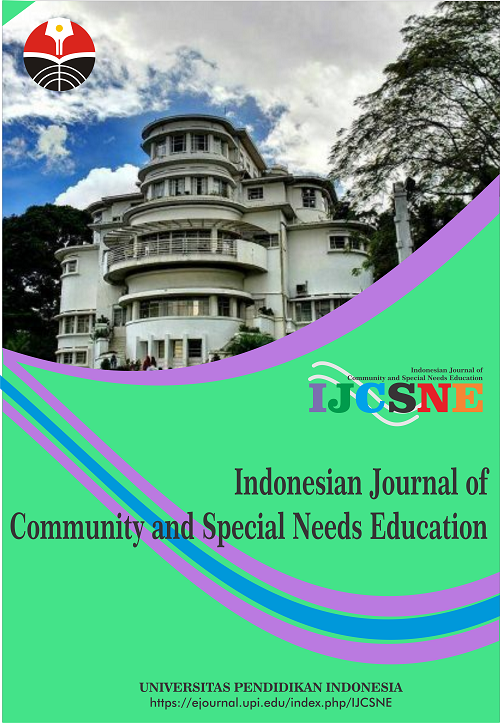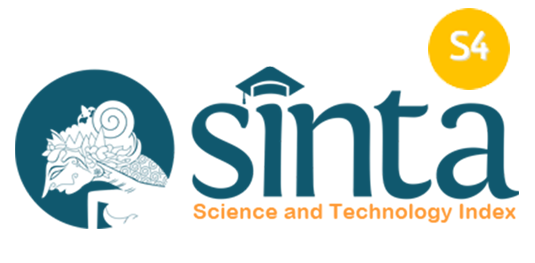Enhancing Interethnic Friendship and Cooperation through Family Engagement: Strategies for Strengthening Social Harmony
Abstract
This study explores the role of families in fostering interethnic friendship and cooperation, aiming to identify the social and educational conditions necessary for strengthening these relationships. The research examines how families can act as catalysts for promoting unity and mutual respect among different ethnic groups. Using comparative analysis, synthesis, and historical approaches, the study assesses the effectiveness of targeted interventions designed to improve interethnic relations within families. The research involved 460 respondents from two-nationality families across multiple regions of Uzbekistan, with the participants divided into experimental and control groups. The findings reveal that families who participated in structured interventions showed significant improvements in intercultural understanding and cooperation. The results emphasize the importance of family involvement in creating a peaceful, inclusive society, and suggest that future efforts should integrate these methods into broader community programs. The study provides valuable insights for promoting social harmony in multicultural environments.
Keywords
Full Text:
PDFReferences
Adams, L. L. (2013). Ethnicity and the politics of heritage in Uzbekistan. Central Asian Survey, 32(2), 115-133.
Bonkalo, T. I., Kolesnik, N. T., Sorokoumova, E. A., and Bonkalo, S. V. (2015). Development of ethnic social identity among the members of ethnic community organizations as the factor of preventing the spread of nationalist sentiments in a multicultural society. Biosciences Biotechnology Research Asia, 12(3), 2361-2372.
Buriyeva, K., and Omonovich, K. D. (2024). Dynamics and diagnosis of independent thinking processes of students (On the example of the first teenagers). Journal of Education for Sustainability and Diversity, 3(1), 238–252.
Campos, B., and Kim, H. S. (2017). Incorporating the cultural diversity of family and close relationships into the study of health. American Psychologist, 72(6), 543.
Egamberdievich, K. T. (2022). The formation of values of mutual equality in family relations. Asian Journal of Multidimensional Research, 11(11), 189-195.
Gareis, E., Merkin, R., and Goldman, J. (2011). Intercultural friendship: Linking communication variables and friendship success. Journal of Intercultural Communication Research, 40(2), 153-171.
Kodirova, F. U., Khimmataliyev, D. O., Akhlan, R. N. R., and Safiyeva, M. A. (2024). Factors affecting the effectiveness of inclusive education. Proceedings of the International Conference on Special Education in South East Asia Region, 3(1), 336–341.
Miller, G. E., and Khatib, S. M. (2023). Honoring diverse cultures through family literacy approaches that build family, school, and community partnerships. The Reading Teacher, 76(5), 586-593.
Motos, S. G. (2016). Friendship networks of the foreign students in schools of Barcelona: impact of class grouping on intercultural relationships. International Journal of Intercultural Relations, 55, 66-78.
Mukhamedov, G. I., Usarov, J. E., Khimmataliev, D. O., Kodirova, F. U., Raxmanova, M. K., Safiyeva, M. A. K., Eshbekova, N. J. K., Dekhkonov, H. U., and Susilawati, A. (2024). Creative competence of future chemistry for students relating to environment. Journal of Engineering Science and Technology, 19(6), 65-72.
Pratsinakis, M., Hatziprokopiou, P., Labrianidis, L., and Vogiatzis, N. (2017). Living together in multi-ethnic cities: People of migrant background, their interethnic friendships and the neighbourhood. Urban Studies, 54(1), 102-118.
Sahadeo, J. (2011). The accidental traders: Marginalization and opportunity from the southern republics to late Soviet Moscow. Central Asian Survey, 30(3-4), 521-540.
Stone, D. (2023). Revival of Uzbek Nationalism: A comparative study of identity formation in post-soviet Uzbekistan. Journal of Social Sciences and Humanities Research Fundamentals, 3(11), 12-22.
Turdiev, B. S. (2024). Balancing national and universal perspectives: The dialectical dynamics in society’s ideosphere. Asian Journal of Basic Science and Research, 6(3), 59-65.
Usarov, J. E., Kodirova, F. U., and Akhlan, R. N. R. (2024). Effective technologies for preparing children with disabilities for social life in conditions of inclusive education. Proceedings of the International Conference on Special Education in South East Asia Region, 3(1), 310–315.
Williams, C. T., and Johnson, L. R. (2011). Why can’t we be friends?: Multicultural attitudes and friendships with international students. International Journal of Intercultural Relations, 35(1), 41-48.
Yakubbekovna, K. N. (2024). Constitutional strengthening of the principles of social stability and interethnic harmony in Uzbekistan. Ethiopian International Journal of Multidisciplinary Research, 11(12), 161-164.
Yasui, M., and Dishion, T. J. (2007). The ethnic context of child and adolescent problem behavior: Implications for child and family interventions. Clinical Child and Family Psychology Review, 10(2), 137-179.
DOI: https://doi.org/10.17509/ijcsne.v6i1.82872
Refbacks
- There are currently no refbacks.
Copyright (c) 2025 Universitas Pendidikan Indonesia

This work is licensed under a Creative Commons Attribution-ShareAlike 4.0 International License.















